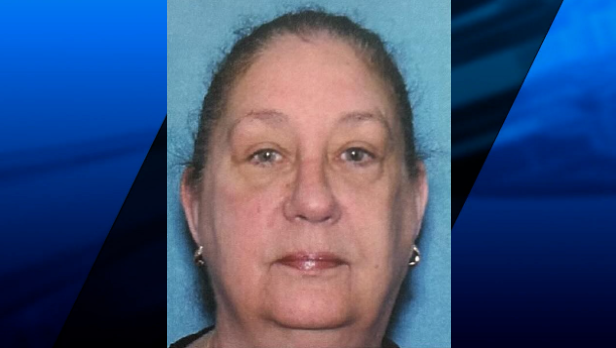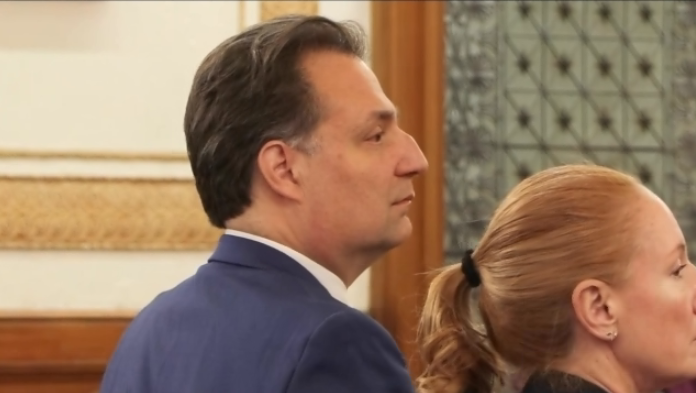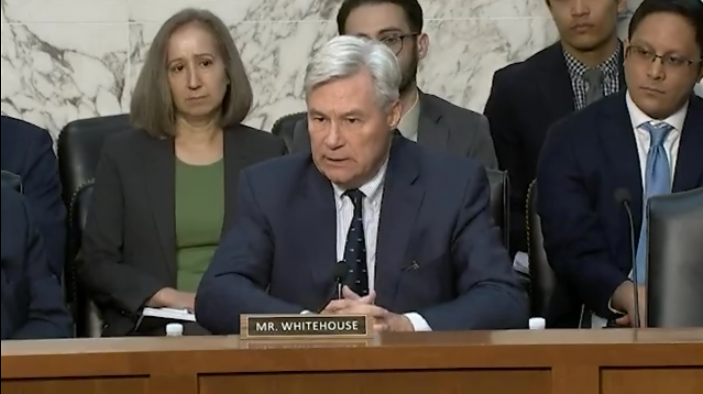RI proposes sunset on meal and beverage tax due to inflation
PROVIDENCE, R.I. (WLNE) — The impact inflation is having on going out to eat in addition to the state’s meal and beverage tax — on top of the Washington Bridge closure — is wearing businesses as well as local economies, the State House shared Tuesday.
Representative Brian Rea has sunset the Rhode Island meal and beverage tax, beginning Jan. 1, 2025 and ending Jan. 1, 2029.
This means that meal and beverage tax rates will annually reduce by 0.25% until it is eliminated.
Rep. Rea shared the following statement:
“With extreme increases in food costs, the recent overall inflationary burdens placed on Rhode Islanders, and the large percentage of employees supported in our food industry, removing the food and beverage tax in Rhode Island is not only responsible, but I would say, necessary. The hospitality industry is still feeling the ramifications from the pandemic. We need this industry to be robust, especially in sustaining our local economies.”
Local meal and beverage taxes are imposed on all prepared foods sold in Rhode Island and are collected by the RI Division of Taxation.
The current rate is 1% on a business’ taxable food sales, which is levied on top of the state’s 7% sales tax. This places an extra burden on small business owners in the food industry.
When dining out in RI, guests are paying 8% on their tab — unlike Mass. at 7% and Conn. at 7.35%.
Although this number may seem insignificant, RI and the rest of the United States, is currently facing exceptionally high inflation.
According to the State House, prices of food items alone have increased for the past two months, and takeout items have increased year-over-year by 6%. Full service meals have increased in price by 5.1% year-over-year.



